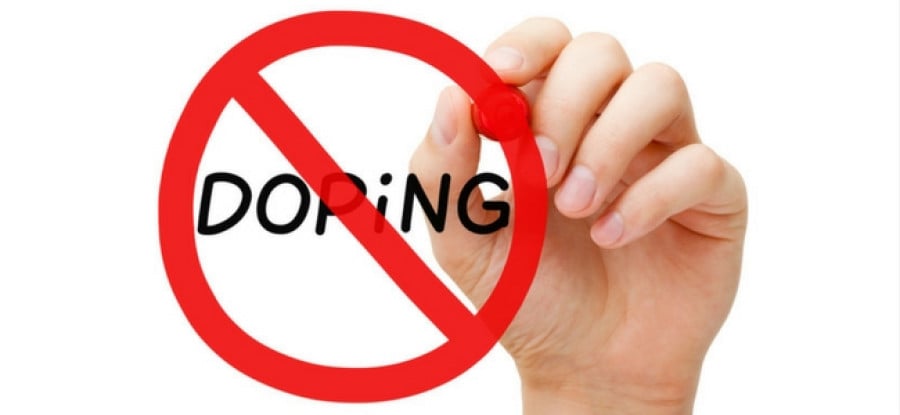How whereabouts requirements operate in five different team sports

Whereabouts rules hit the news in early 2017 after Manchester City[1] and Bournemouth[2] were both charged by The Football Association (The FA) for failing to notify officials of player whereabouts for doping controls. Whereabouts information is information provided, normally by individual elite athletes, about their location at a given time. Such information is given to the relevant International Federation (IF) or National Anti-Doping Organisation (NADO) to conduct and facilitate out-of-competition “No Advance Notice Testing”.[3]
Global whereabouts rules changed on 1 January 2009, after a revision of the World Anti-Doping Code (WADA Code) and the International Standard for Testing and Investigations (ISTI) in order to end the inconsistencies of “whereabouts” regimes across different IFs and NADOs.[4] The change in rules built on the practical experience gained by WADA and its stakeholders in the implementation of the WADA Code since its inception in 2004 and is considered to be a powerful means of deterrence and detection of doping.[5]
In 2009, FIFA and UEFA issued a statement rejecting whereabouts information with regard to individual athletes and wanted to see it replaced by collective location rules because there are “fundamental differences between an individual athlete who trains on his own…and a team-sport athlete, who is present at the stadium six days out of seven, and thus easy to locate”.[6] Both FIFA and UEFA have subsequently accepted whereabouts rules for individual athletes. Nonetheless, this article briefly explores the whereabouts obligations of teams in football, rugby, cricket, basketball and volleyball. Specifically, it looks at:
- Individual whereabouts requirements – a brief discussion of the regime on individual athletes before we move on to team sports.
- Whereabouts requirements for athletes in team sports
- Football
- The FA
- FIFA
- UEFA
- Rugby
- RFU
- World Rugby
- Cricket
- ICC
- ECB
- Volleyball
- Basketball
- Comment
To continue reading or watching login or register here
Already a member? Sign in
Get access to all of the expert analysis and commentary at LawInSport including articles, webinars, conference videos and podcast transcripts. Find out more here.
- Tags: Anti-Doping | Basketball | Cricket | England and Wales Cricket Board (ECB) | Fédération Internationale de Basketball (FIBA) | FIFA | Football | International Cricket Council (ICC) | International Volleyball Federation | Rugby | Rugby Football Union (RFU) | UEFA | Volleyball | WADA Code 2015 | WADA Prohibited List | Whereabouts | World Anti-Doping Agency (WADA) | World Rugby
Related Articles
- Delegating anti-doping whereabouts requirements to national sports federation - a benefit or a danger to athletes?
- WADA President Op-Ed: Whereabouts: an important initiative allowing clean sport to prosper
- Karate athlete, Bough, accepts sanction for Whereabouts Anti-Doping Rule Violation
- An interview with Jonathan Taylor QC - Episode 44

 Global Summit 2024
Global Summit 2024